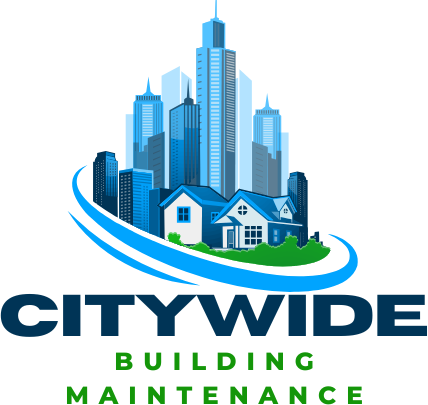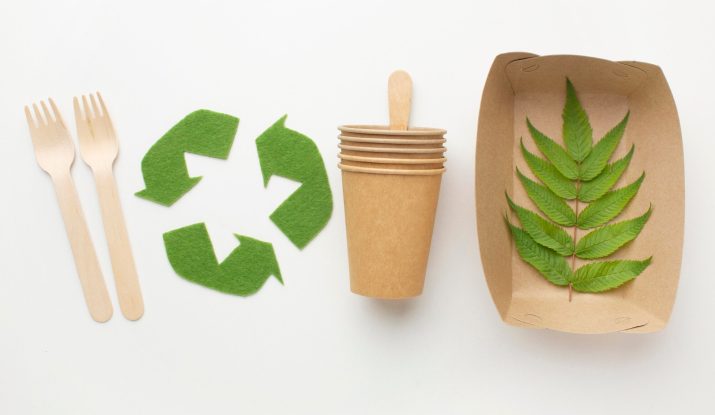Why Recycling Matters More Than Ever
Recycling is one of the easiest and most impactful ways to reduce environmental harm. It conserves natural resources, reduces pollution, and cuts down on energy consumption. Yet every day, tons of perfectly recyclable materials are tossed into the trash and end up in landfills.
At CityWide Eco, our mission is to educate and empower communities in New York to embrace greener habits, starting with what we throw away. Below are ten common recyclable materials that often go to waste—and what you can do about it.
1. Electronics (E-Waste)
Many households hoard old cell phones, chargers, and laptops, or worse—toss them in the trash. E-waste is rich in valuable metals like gold, copper, and aluminum. It also contains toxic substances like lead and mercury that shouldn’t go into landfills.
Learn more about EPA’s electronics recycling guidance.
Tip: Bring your e-waste to designated collection centers or use a service like CityWide Eco that handles proper electronic recycling.
2. Cardboard
Especially with the rise of online shopping, cardboard boxes pile up fast. Flattened and clean cardboard is highly recyclable, but if contaminated with food (like greasy pizza boxes), it often ends up in the landfill.
Tip: Recycle clean cardboard and compost food-contaminated portions if possible.
3. Aluminum Cans
Aluminum is one of the most valuable recyclable materials. Recycling a single can saves enough energy to run a television for three hours, yet many cans still end up in the trash.
Tip: Rinse cans before recycling and avoid crushing them, as this can interfere with some sorting systems.
4. Glass Containers
Glass is infinitely recyclable without loss of quality. Unfortunately, some cities have reduced curbside glass recycling due to contamination issues.
Tip: Rinse and sort glass containers, and consider drop-off recycling if curbside isn’t available.
5. Plastic Bottles and Containers
Plastic takes hundreds of years to decompose. Most household plastic containers are recyclable, but many people aren’t sure which ones qualify.
Tip: Check the resin number on the bottom (usually #1 or #2 are widely accepted), and always clean containers before recycling.
6. Batteries
Batteries contain chemicals that can leak into soil and groundwater. Yet they’re frequently tossed in the trash.
The Call2Recycle program offers battery recycling drop-off locations across the U.S.
7. Clothing and Textiles
Old clothing, linens, and textiles are often dumped in landfills even though most can be reused or recycled.
Tip: Donate wearable clothes and drop off damaged textiles at fabric recycling centers or donation boxes.
8. Furniture
Old furniture may seem like trash, but many pieces can be refurbished or donated. Wood, metal, and even upholstery can often be reused or broken down for parts.
Explore our junk removal and donation services to give furniture a second life.
9. Books and Paper
Books, magazines, and office paper are easy to recycle but often tossed during spring cleanings or moves.
Tip: Donate books to libraries, schools, or local shelters. Recycle clean paper products, and shred confidential documents.
10. Small Appliances
Toasters, blenders, and old coffee makers may contain metal and plastic parts that can be recycled. Don’t just dump them with the trash.
Tip: If they no longer work, drop them off at e-waste centers or schedule a pickup with CityWide Eco.
The Bigger Impact
Learn how CityWide Eco supports recycling in NYC.
By recycling just 50 pounds of materials per household per month, Americans could divert billions of pounds of waste annually. Recycling also generates jobs — more than 500,000 U.S. jobs are supported by the recycling industry.
Overcoming Recycling Confusion
Many people want to recycle but are confused about what can and cannot go in the blue bin. That’s where CityWide Eco comes in. Our team helps sort and divert recyclables during junk removal services so you don’t have to guess.
Tip: Post a recycling cheat sheet on your fridge or near your bins. NYC offers free recycling posters for households.
Final Thoughts
Most of what we throw away has value. Recognizing and recycling these 10 commonly wasted materials can help reduce your carbon footprint, protect the planet, and give useful items a second life.
Choose CityWide Eco for responsible junk removal and recycling that makes a difference.

